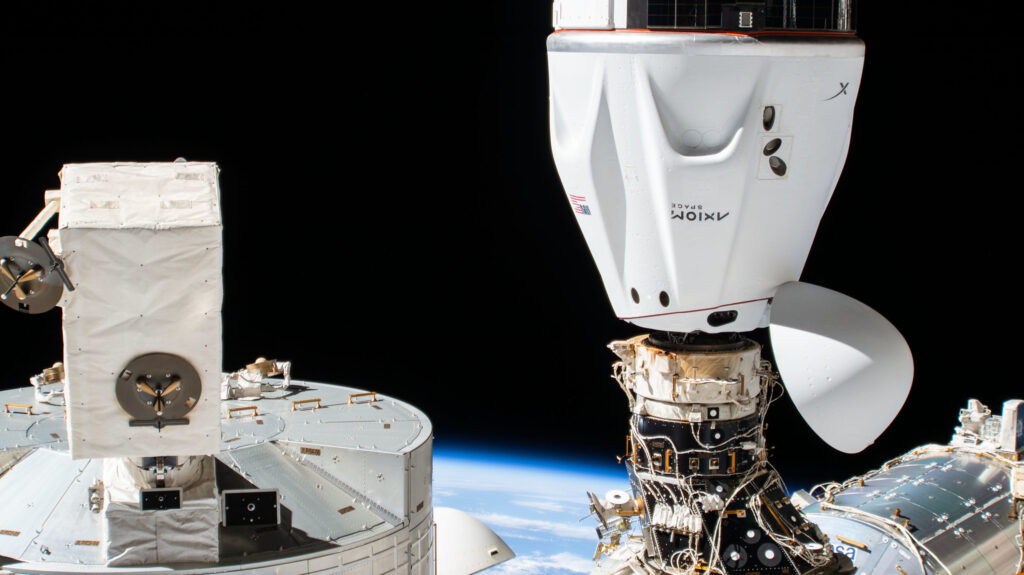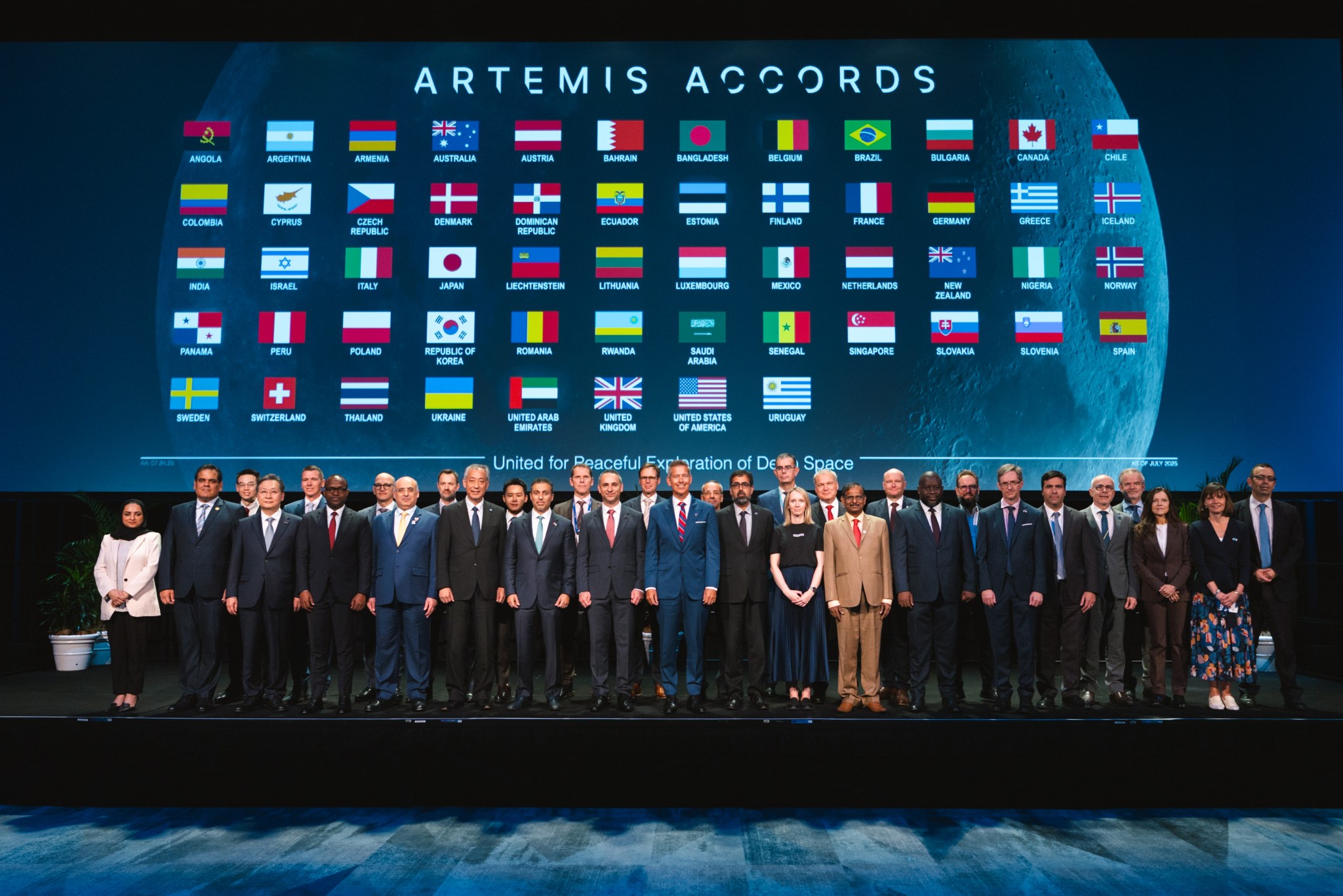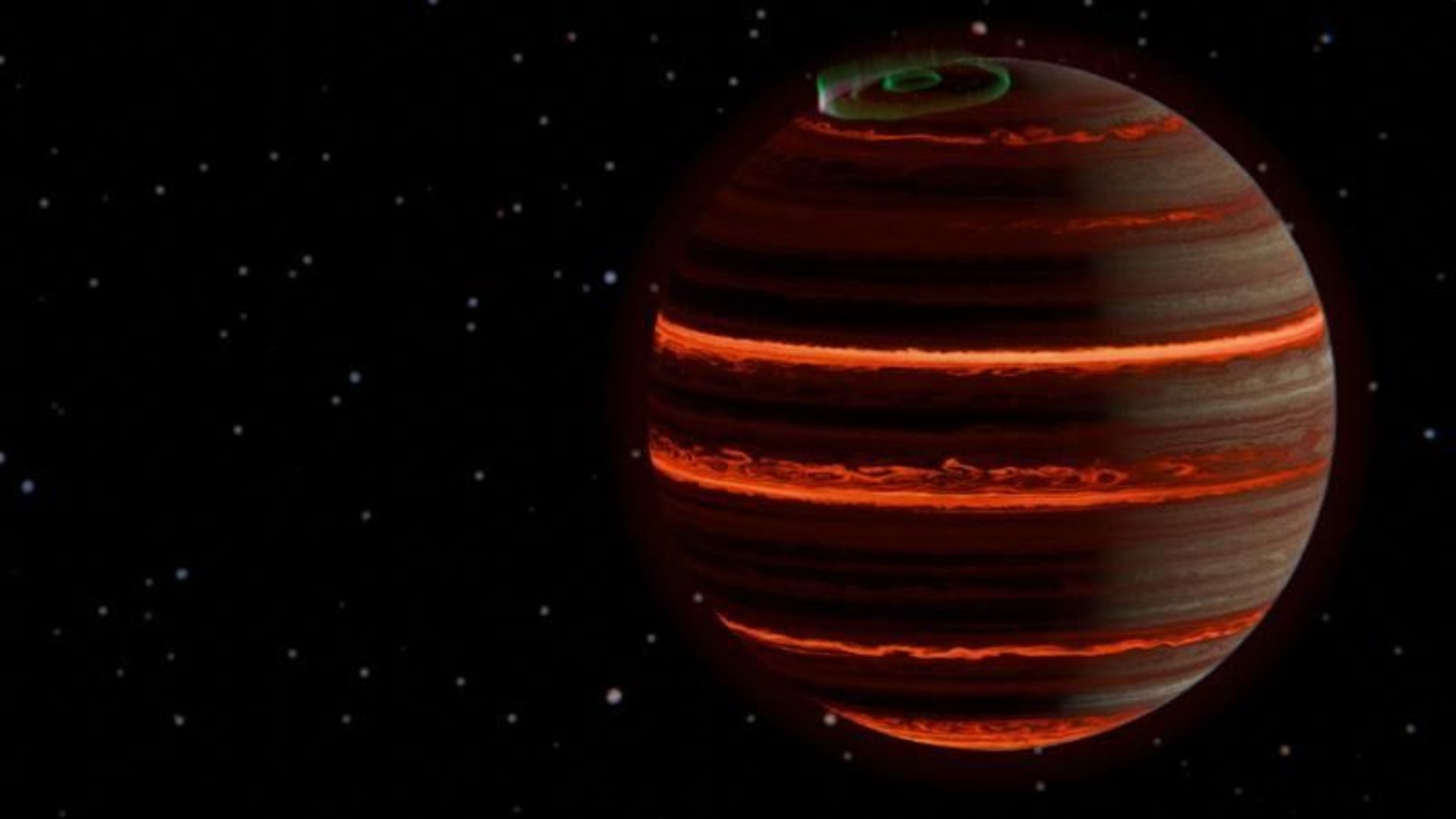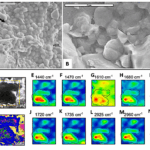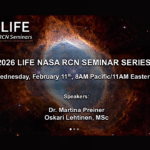Now Reading: ESA and Avio Launch €40 Million Project for Reusable Upper Stage Rocket to Boost Europe’s Space Capabilities
-
01
ESA and Avio Launch €40 Million Project for Reusable Upper Stage Rocket to Boost Europe’s Space Capabilities
ESA and Avio Launch €40 Million Project for Reusable Upper Stage Rocket to Boost Europe’s Space Capabilities
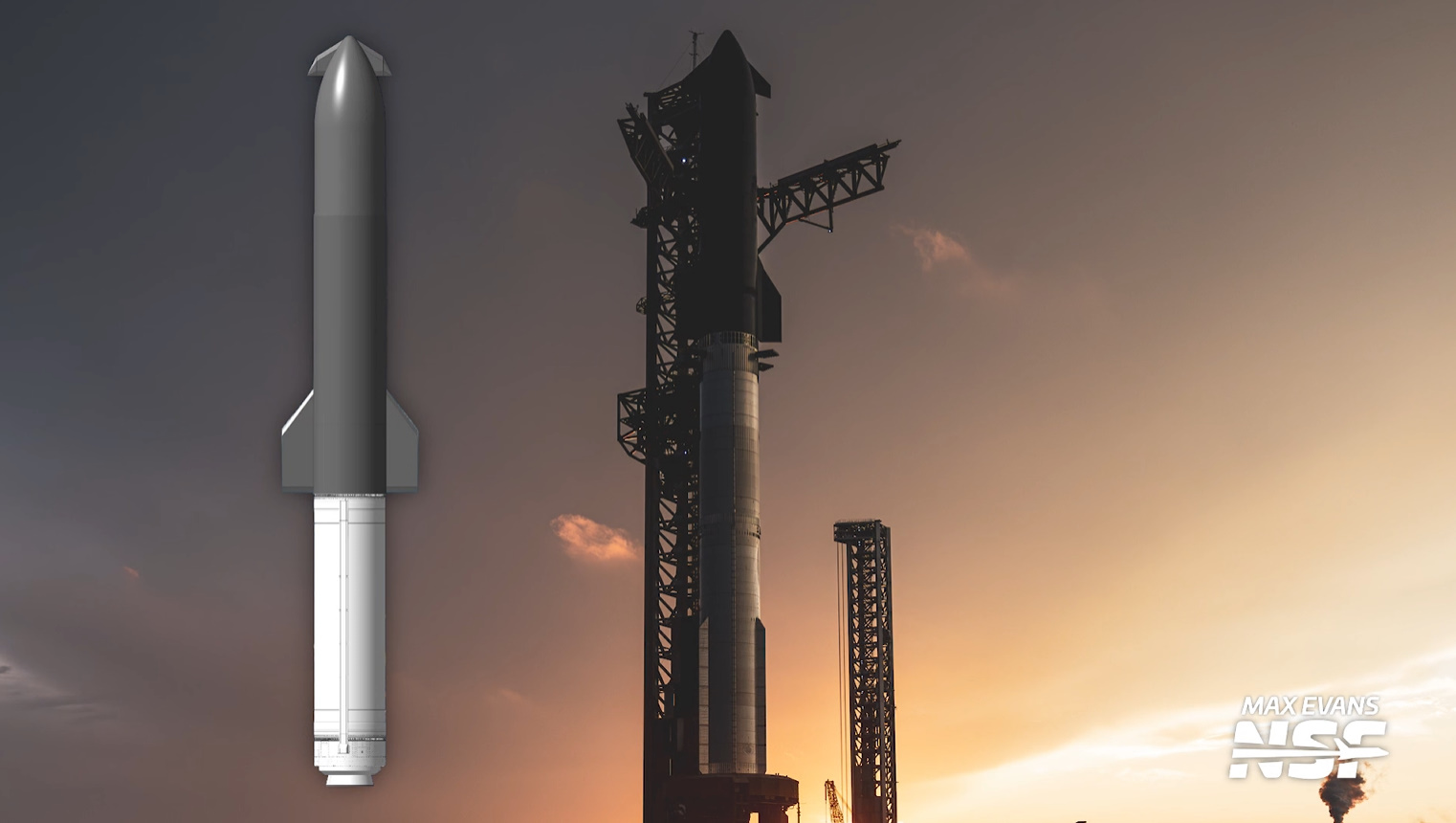

The European Space Agency (ESA) has entered into a €40 million agreement with Avio, an Italian aerospace firm, to develop a reusable upper stage rocket aimed at enhancing Europe’s ability to conduct sustainable space missions. This significant partnership was announced during the 2025 International Astronautical Congress (IAC) held in Sydney and has already ignited discussions due to its similarities to SpaceX’s Starship, albeit on a smaller scale with a distinct design influenced by European engineering.
The newly proposed upper stage will incorporate four aerodynamic flaps and will be powered by a solid rocket booster as its initial stage. Avio plans to adapt the P120C motor, which is already used in the first stage of the Vega C rocket and serves as booster elements for the Ariane 6 launch vehicle. By repurposing existing technology, the company aims to minimize development costs and expedite the rocket’s timeline.
Avio’s two-year roadmap involves creating a flying prototype, with plans to present both the rocket’s design and the necessary ground support systems by the project’s conclusion. Although details about the rocket remain sparse, there are indications that it will use a combination of liquid methane and liquid oxygen as its propellants. Simultaneously, the development of the MR10 engine is underway, which was originally designed for the upcoming third stage of the Vega E rocket—an upgraded version of Vega C.
Standing at an estimated 36.5 meters tall, this new vehicle is significantly shorter than SpaceX’s Super Heavy booster, yet it shares dimensions with other emerging rockets like Stoke Space’s Nova. However, unlike Nova, the European design doesn’t currently plan for a reusable first stage, as the P120C solid rocket booster is not designed for recovery.
This undertaking builds on Europe’s previous ventures into reusable rocket technology. Last year, the ESA published a study assessing heavy-lift capabilities, which featured a concept from Rocket Factory Augsburg in Germany that included a similarly designed upper stage with flaps. Europe’s progress is further exemplified by the Themis project, a reusable first-stage prototype that mirrors SpaceX’s initial Grasshopper experiments.
Powered by the Prometheus engine, which has been under development by ESA since 2017, Themis has recently arrived at Esrange Space Center in Sweden for a series of hop tests up to 100 meters. The Prometheus engine is also slated for use in future projects, including partially reusable concepts like Ariane Next and MaiaSpace’s Maia rocket.
The announcement has elicited a mixed bag of reactions on social media, with some commenters finding humor in the design’s “quirky” features and critiquing Europe’s relative delay in adopting reusable technology. Many users have drawn attention to a years-old video of European officials scoffing at the prospect of reusable rockets, a stark contrast to the rapid advancements seen today.
The context of the contract’s signing is particularly noteworthy, as it coincides with the nine-year anniversary of Elon Musk’s presentation of the Interplanetary Transport System at the 2016 IAC in Guadalajara, Mexico—an early concept related to the Starship initiative.
As a long-standing competitor in the European space sector, Avio has made a name for itself with the Vega rocket series and with boosters for the Ariane 5 and 6. This new contract marks a strategic shift towards reusability, aligning with global advancements while capitalizing on Europe’s unique industrial capabilities.
With this initiative, Europe aims to close the gap in reusable upper-stage technology, paving the way for more economical and frequent space missions. While further details on the project remain to be disclosed, the partnership between ESA and Avio signals a renewed commitment to innovation amid growing international space competition.
Stay Informed With the Latest & Most Important News
Previous Post
Next Post
-
 01Two Black Holes Observed Circling Each Other for the First Time
01Two Black Holes Observed Circling Each Other for the First Time -
 02From Polymerization-Enabled Folding and Assembly to Chemical Evolution: Key Processes for Emergence of Functional Polymers in the Origin of Life
02From Polymerization-Enabled Folding and Assembly to Chemical Evolution: Key Processes for Emergence of Functional Polymers in the Origin of Life -
 03Thermodynamic Constraints On The Citric Acid Cycle And Related Reactions In Ocean World Interiors
03Thermodynamic Constraints On The Citric Acid Cycle And Related Reactions In Ocean World Interiors -
 04Φsat-2 begins science phase for AI Earth images
04Φsat-2 begins science phase for AI Earth images -
 05Hurricane forecasters are losing 3 key satellites ahead of peak storm season − a meteorologist explains why it matters
05Hurricane forecasters are losing 3 key satellites ahead of peak storm season − a meteorologist explains why it matters -
 06Binary star systems are complex astronomical objects − a new AI approach could pin down their properties quickly
06Binary star systems are complex astronomical objects − a new AI approach could pin down their properties quickly -
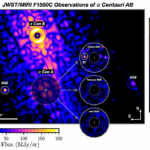 07Worlds Next Door: A Candidate Giant Planet Imaged in the Habitable Zone of α Cen A. I. Observations, Orbital and Physical Properties, and Exozodi Upper Limits
07Worlds Next Door: A Candidate Giant Planet Imaged in the Habitable Zone of α Cen A. I. Observations, Orbital and Physical Properties, and Exozodi Upper Limits













